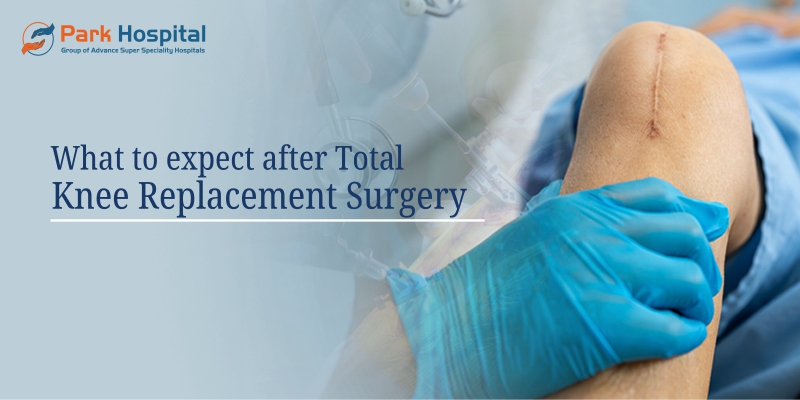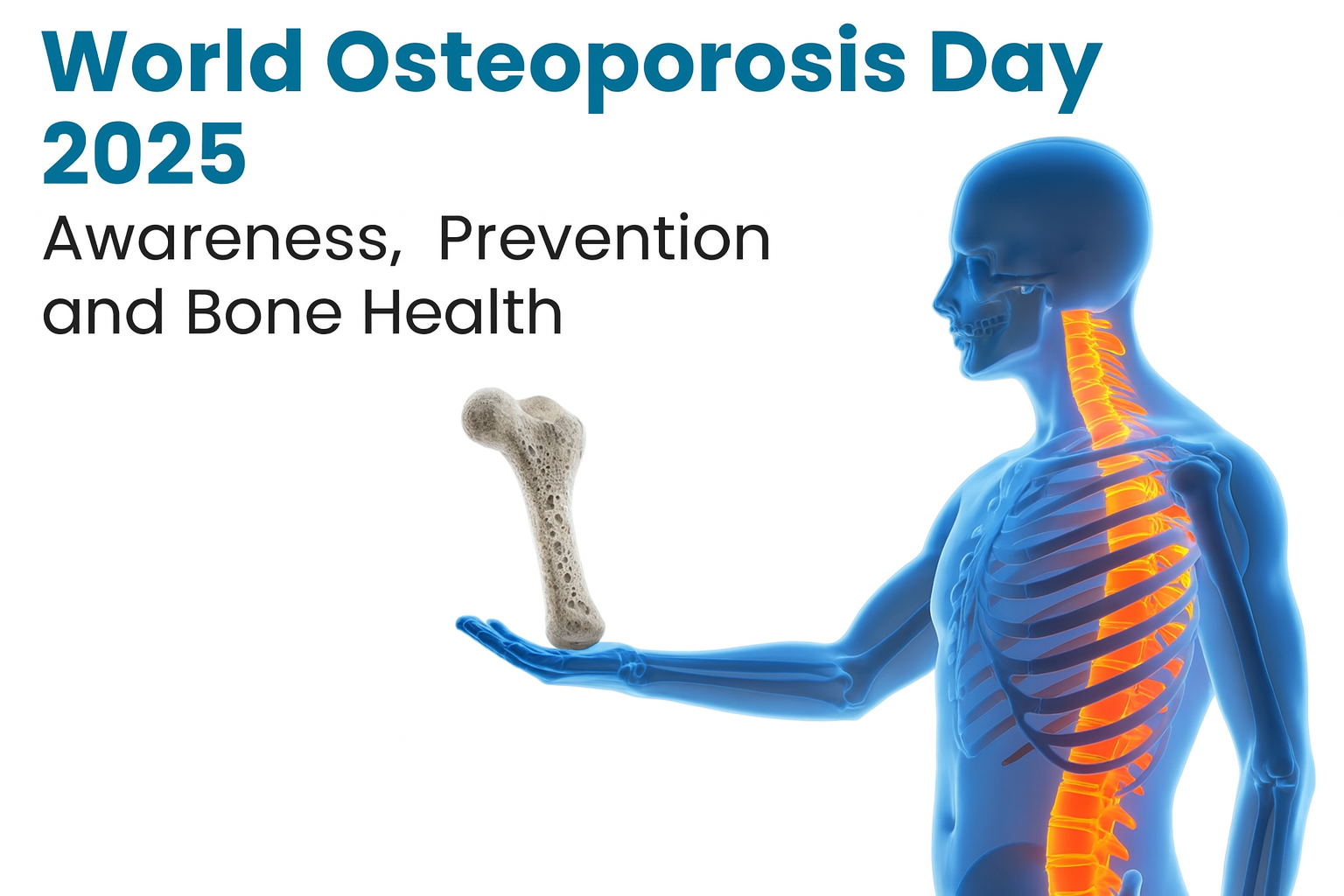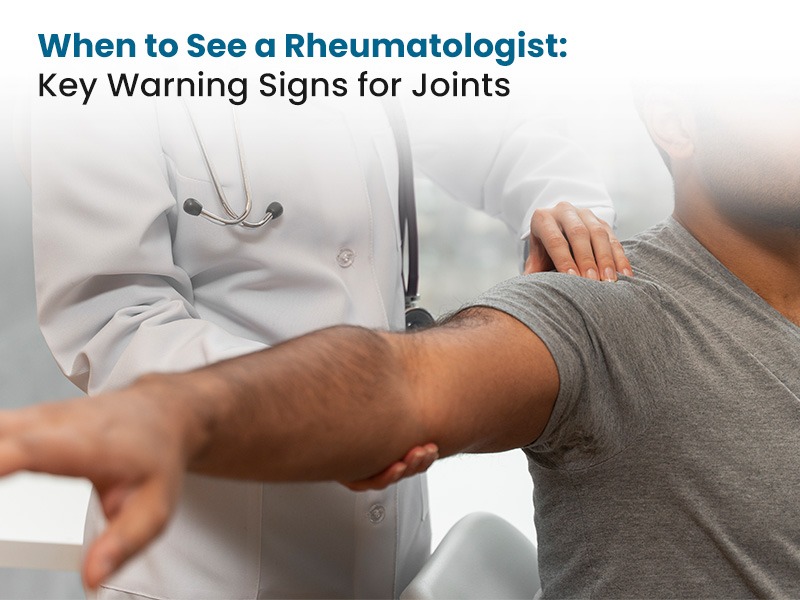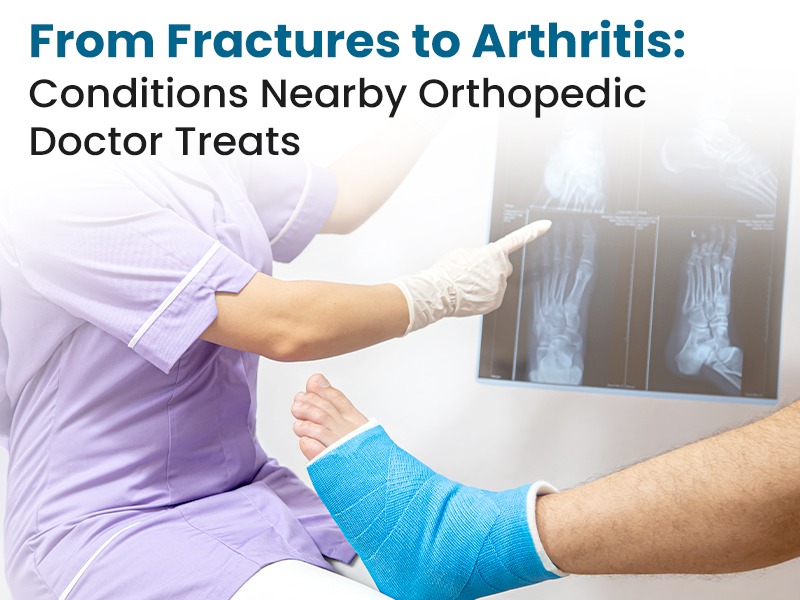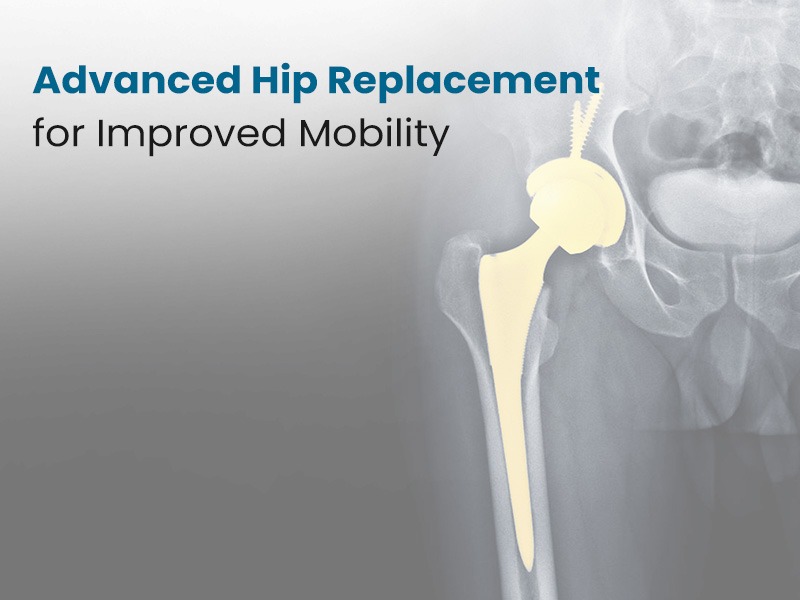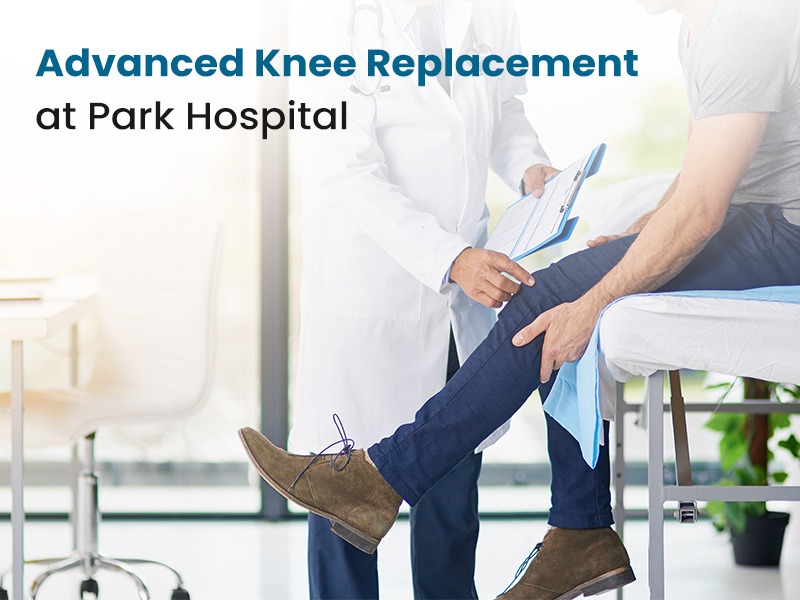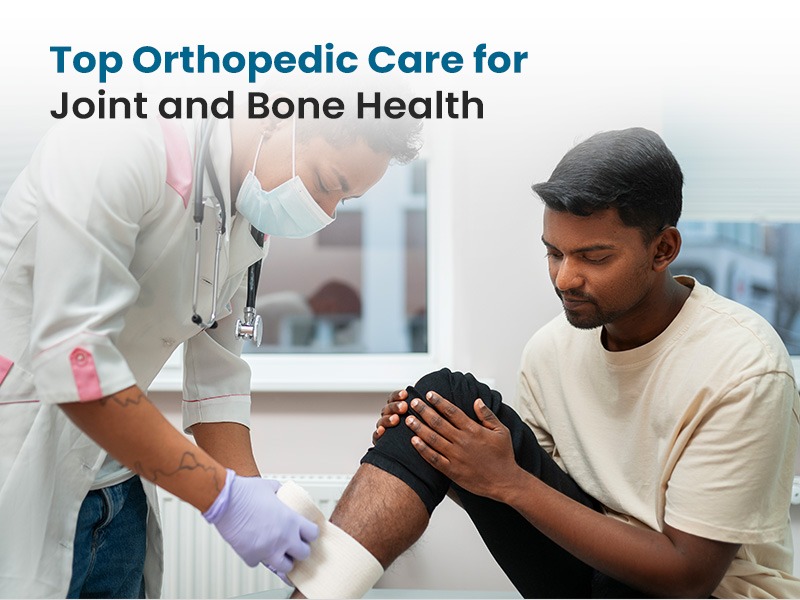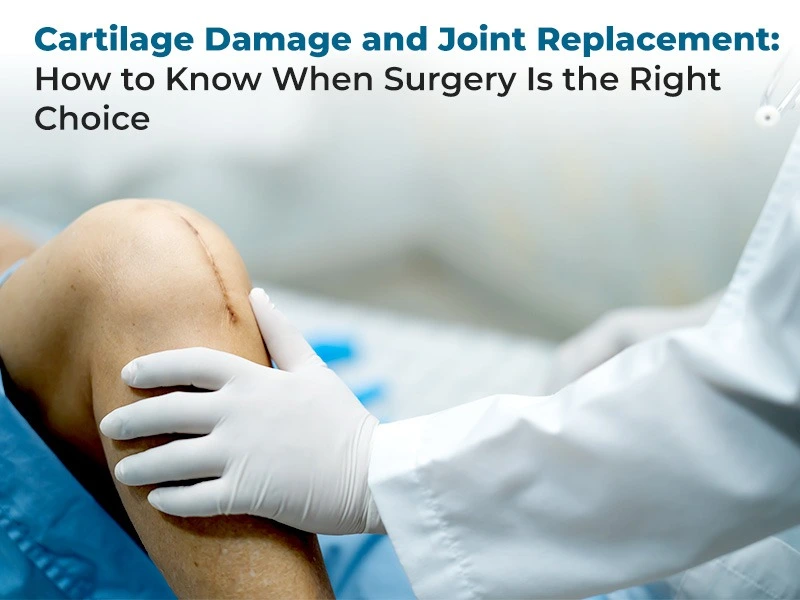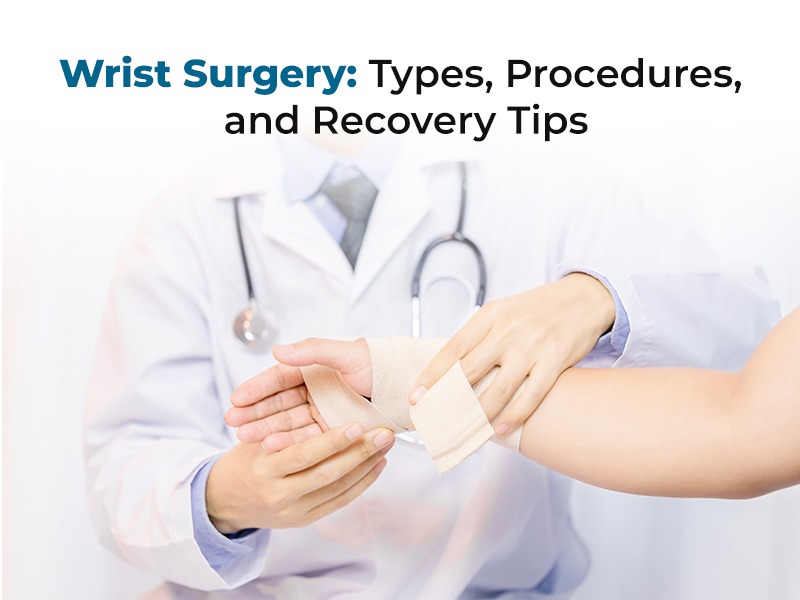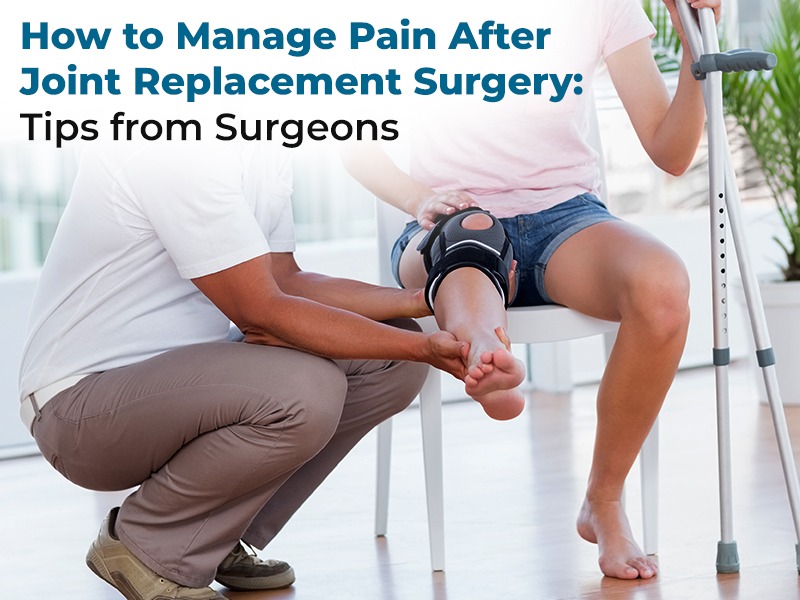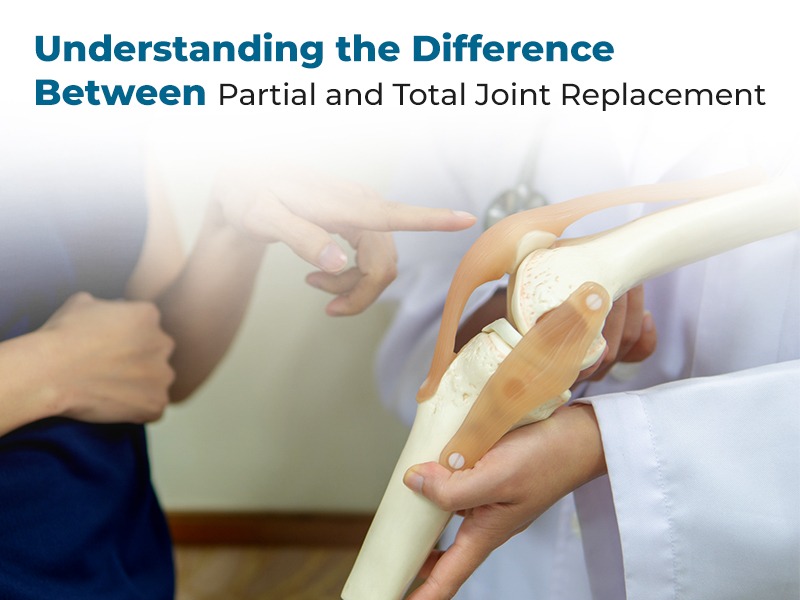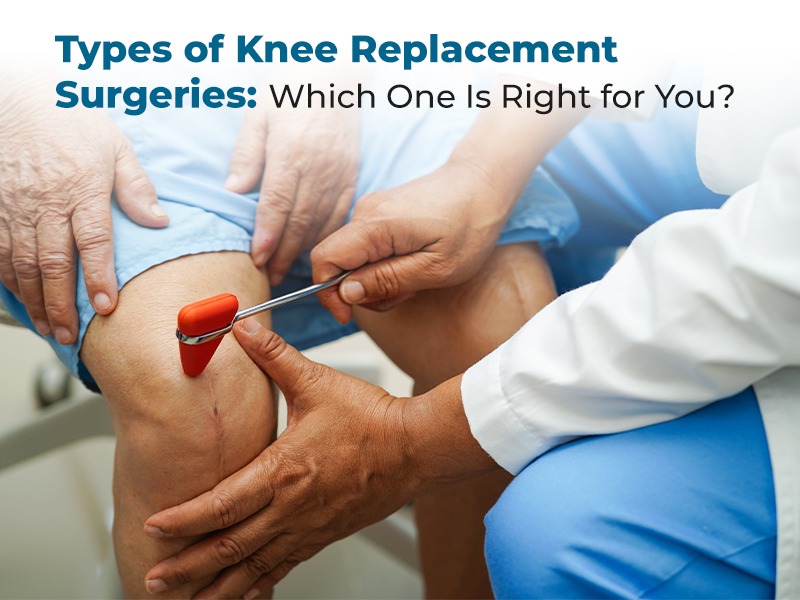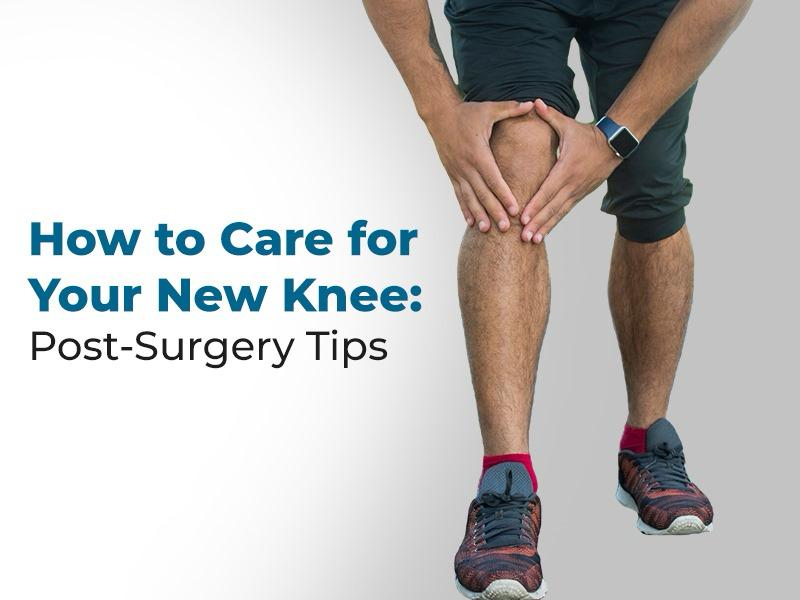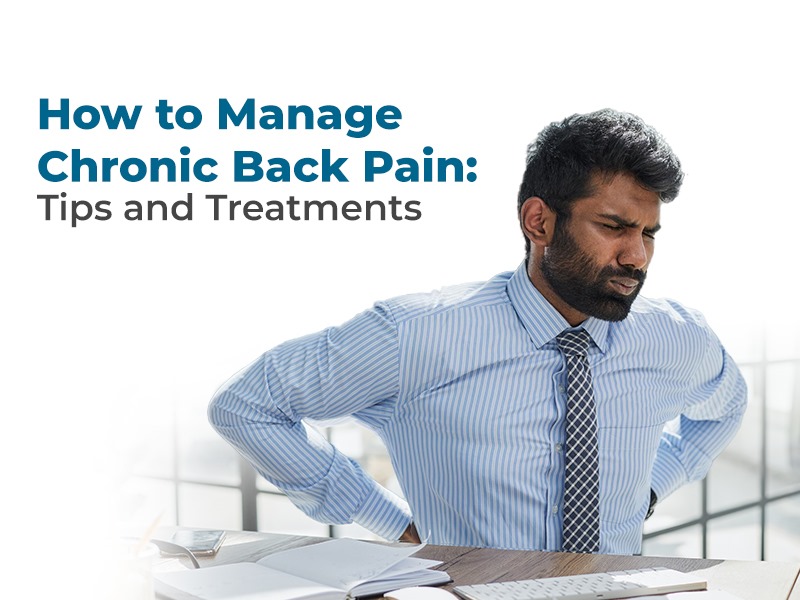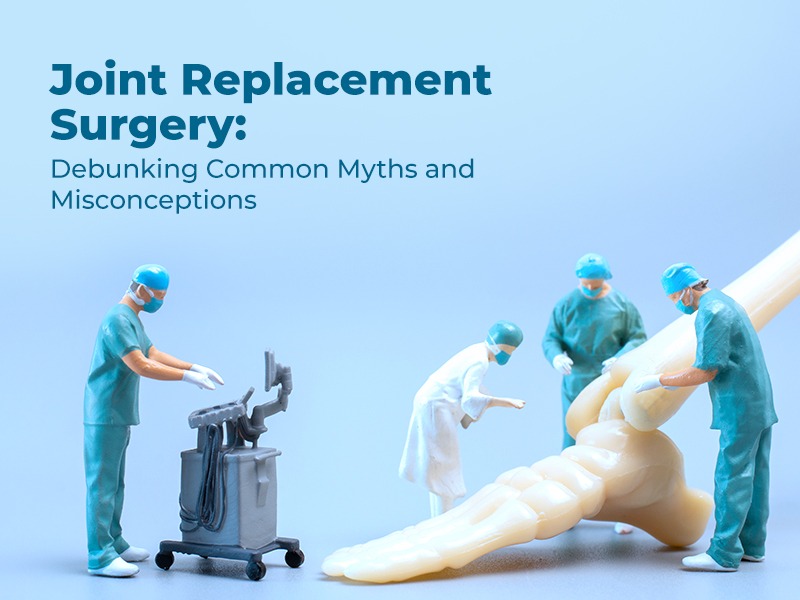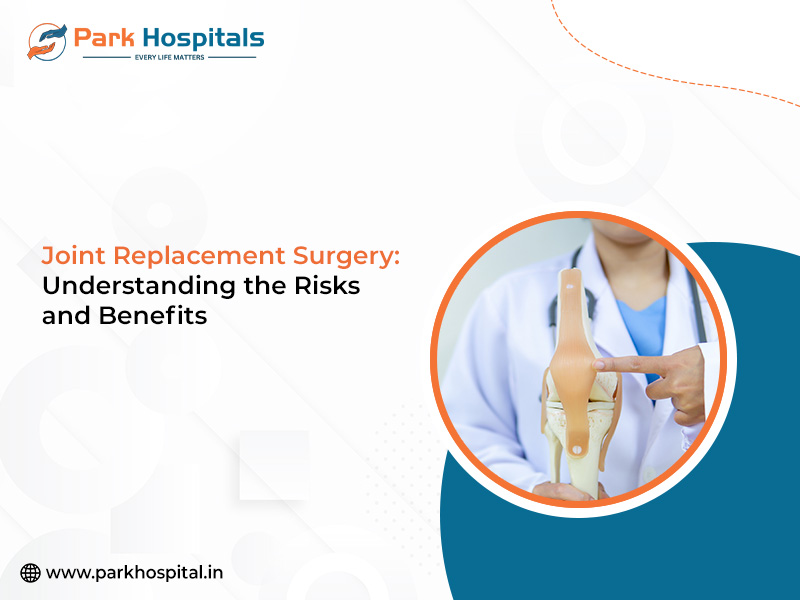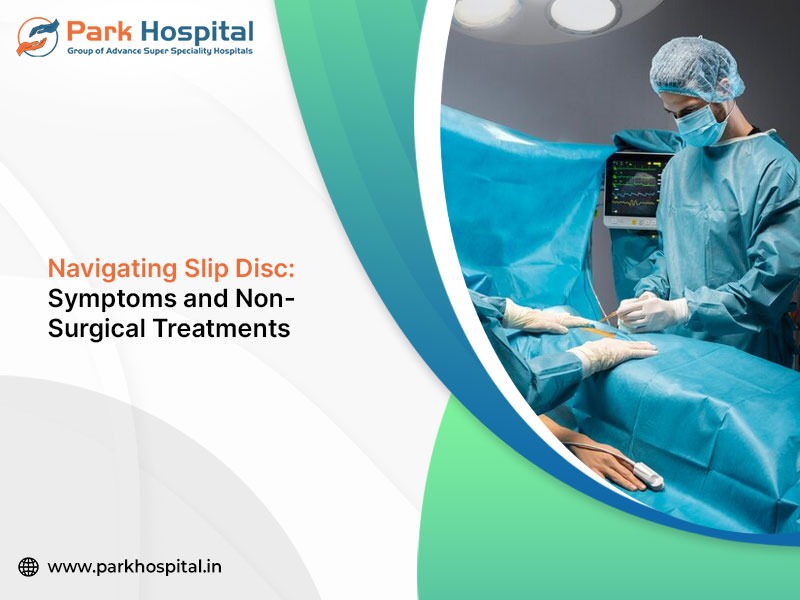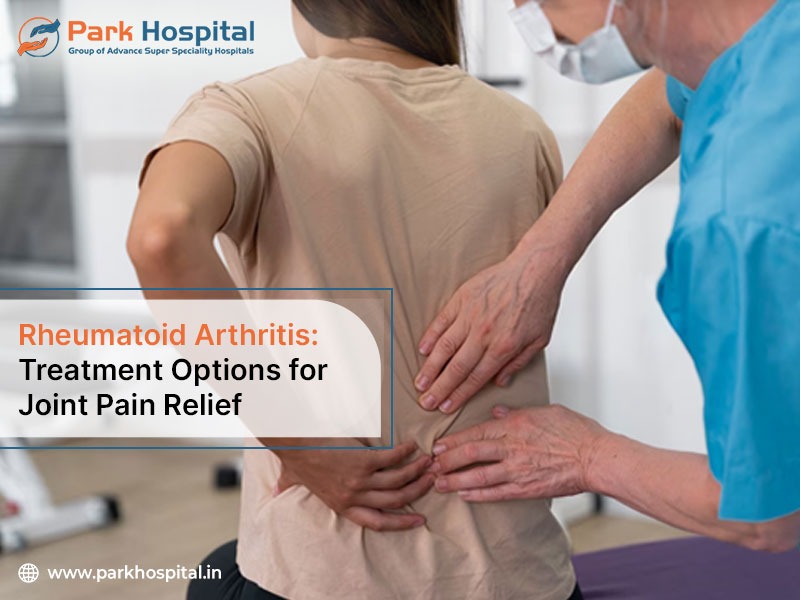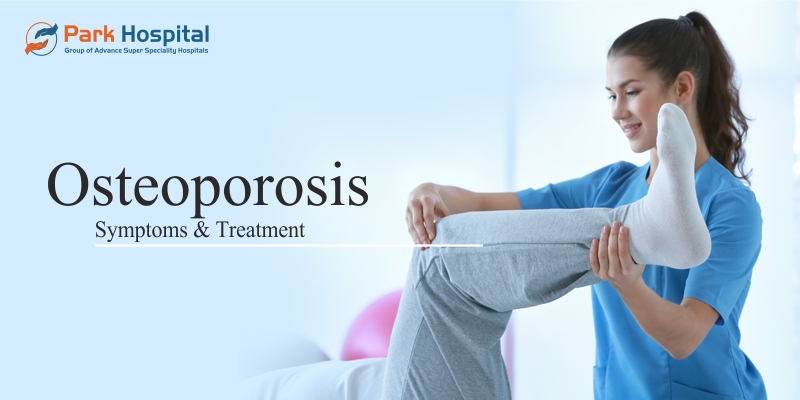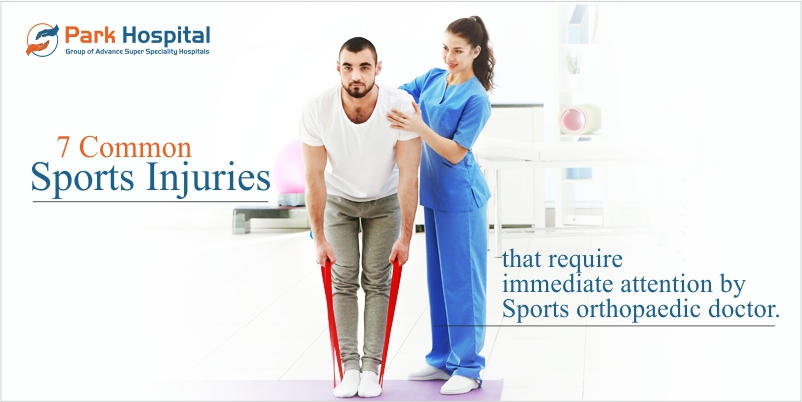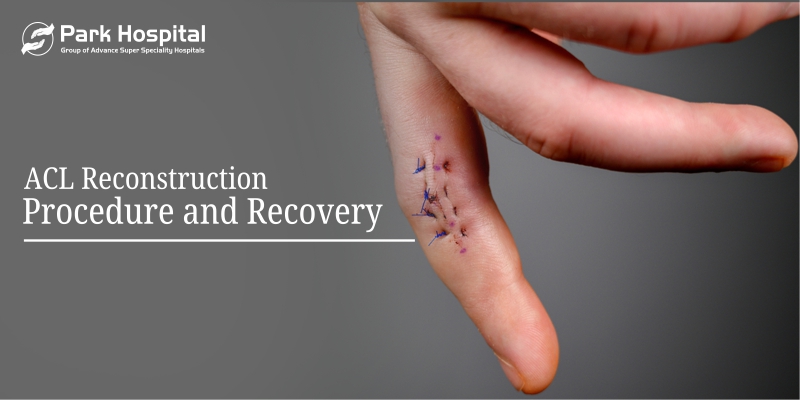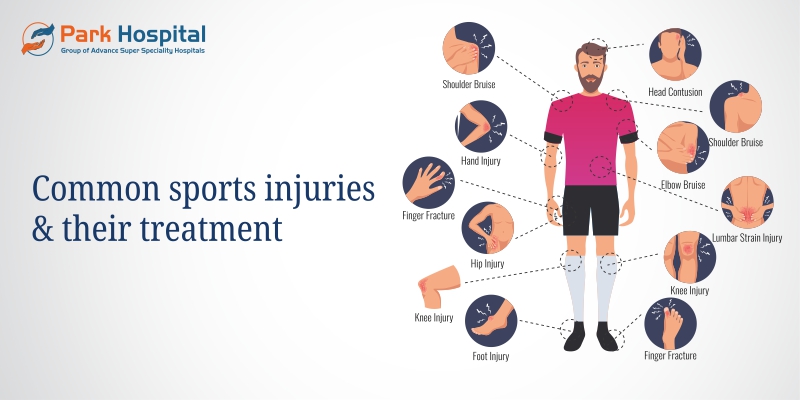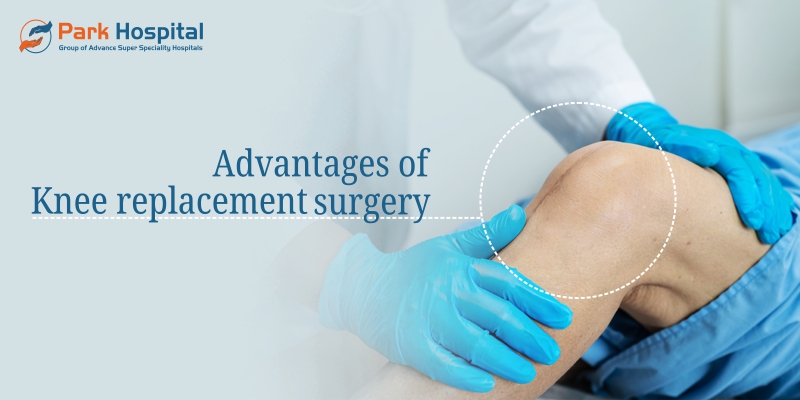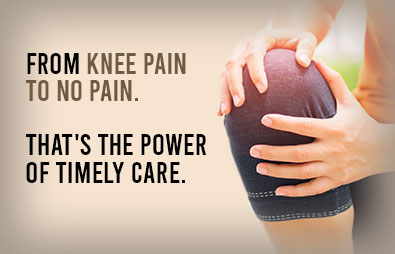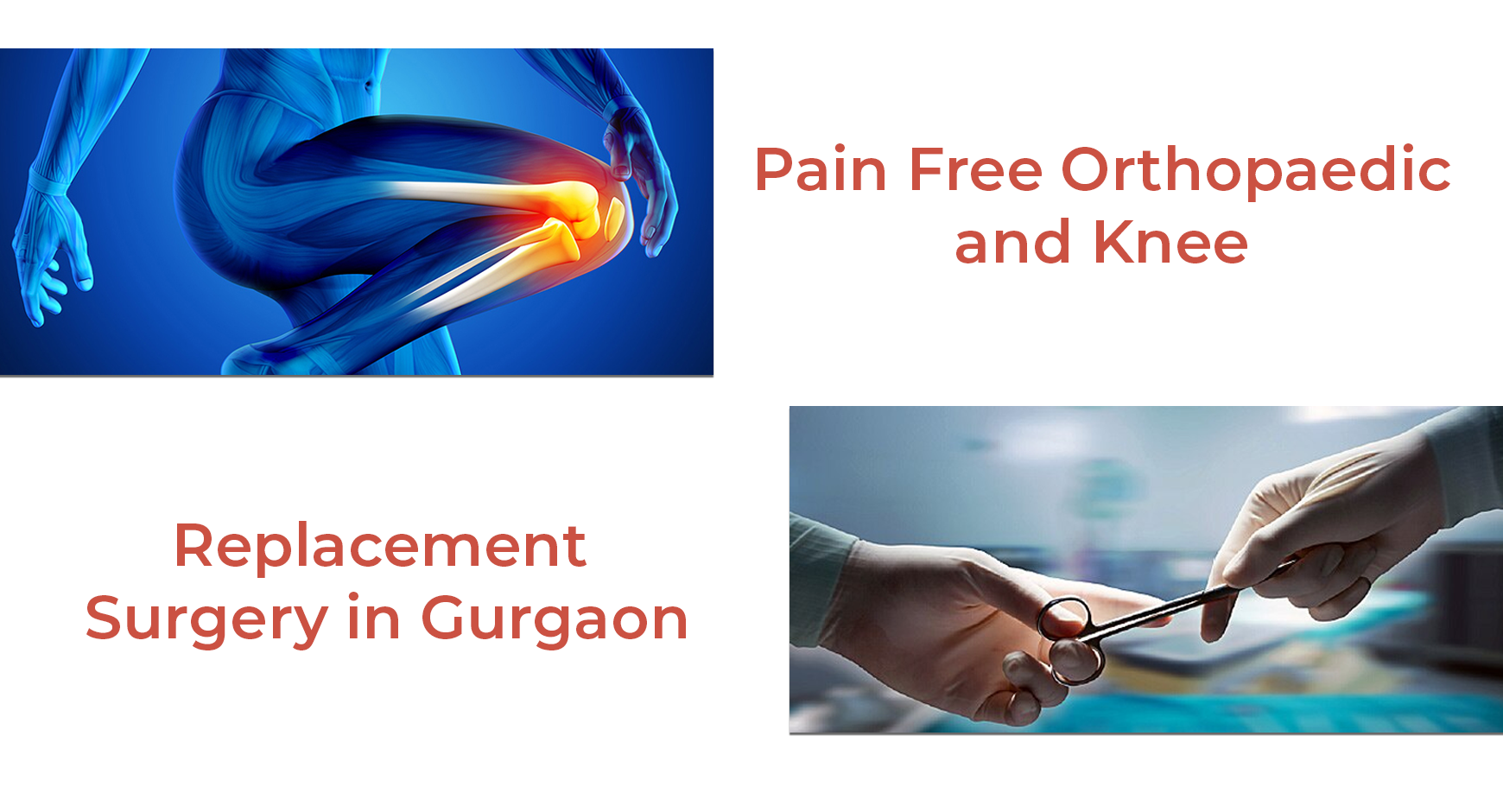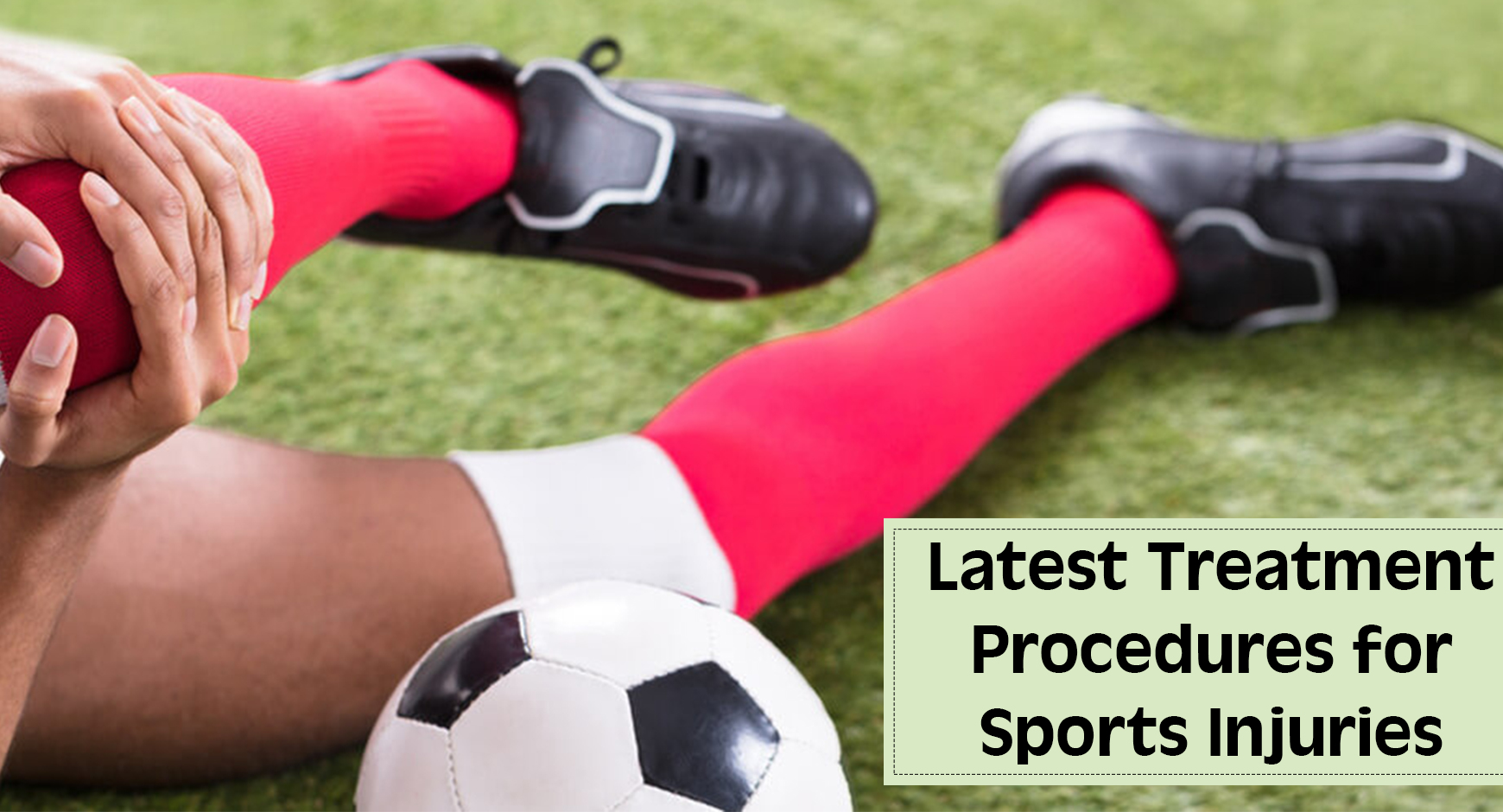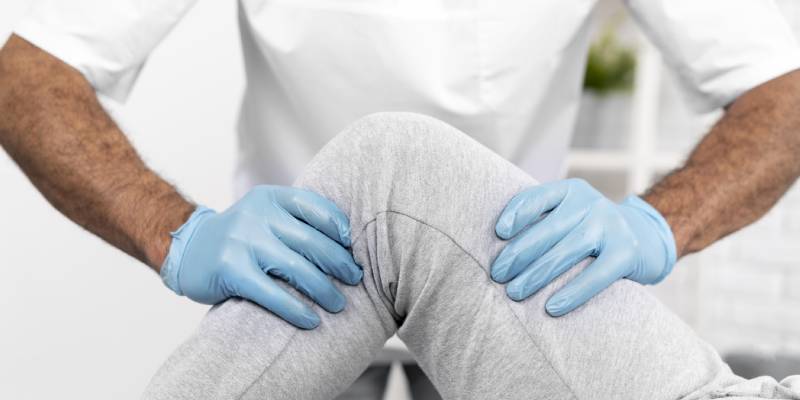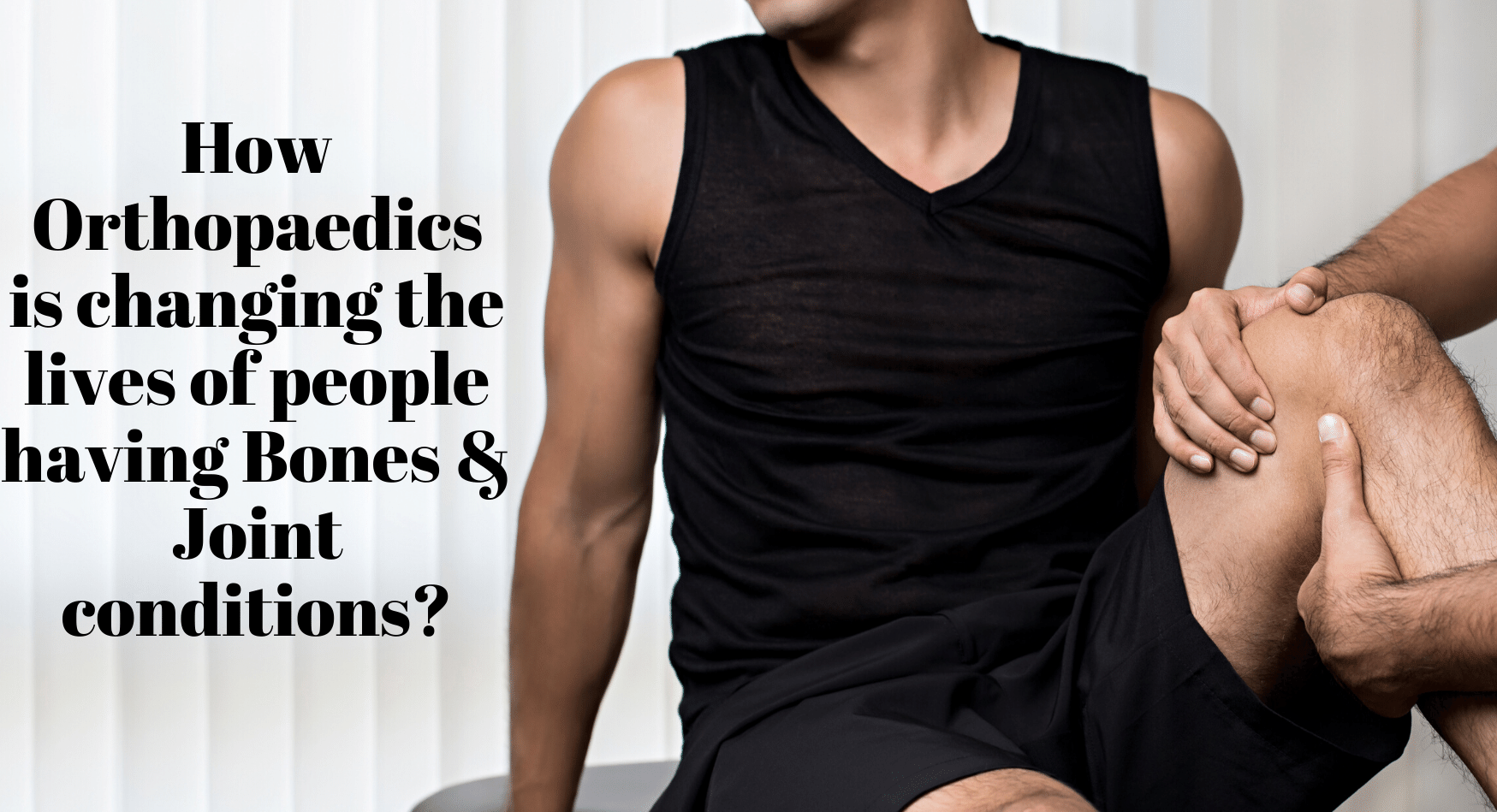Immediately after the total knee replacement surgery, adequate attention is to be given by patients to their breathing pattern (exercise lungs) and blood circulation during the post-surgery hospital stay and beyond to avoid any complications.
Breathing
After surgery during the hospital stay, lung exercise is recommended which involves
breathing in,
holding the air for a few seconds, and then
breathing out.
Use an incentive spirometer to help you monitor the volume of air you are taking in. Repeat the exercise 10 times every hour and every day post-surgery to ensure an increase in the intake of air volume and facilitate appropriate breathing and lung function.
Circulation
After orthopedic surgery, it is important to promote blood circulation and prevent any chance of clot formation. To facilitate blood circulation, the patient will have surgical dressing with a support stocking such as a TED hose (Thrombo Embolism Deterrent hose) throughout the hospital stay and for six weeks following discharge from the hospital, which will help the formation of a thrombus (stationary clot) or Embolus (a dynamic clot that travels across the body). Another circulatory aid is a sequential compression device (SCD), wrapped around the lower leg. Apart from these support devices, certain drugs such as blood thinners such as aspirin 325mg twice a day prevent the formation of any clots. Physical activity for 20 to 30 minutes a day three times a day and regular walking improves circulation and prevents clot formation. Early postoperative exercises that help faster recovery include Quadriceps sets, Straight leg raises, Ankle pumps, Knee straightening exercises, Bed-supported knee bends, Sitting-supported knee bends, and Sitting unsupported knee bends.
Recovery
The success of total knee replacement surgery depends on the activity and lifestyle post-surgery that may involve �
Regular light exercise program for strength and mobility
Avoid falls or injuries
Adherence to scheduled follow-up doctor visits and periodic checkups.
Avoid and prevent blood clot formation by checking for warning signs of possible blood clots such as �
pain or tenderness (unrelated to surgical incision) in calf or leg
thigh, calf, or foot swelling
any shortness of breath or chest pain can be considered due to embolus (moving clot) to the lungs. Observe these symptoms.
Prevent any chances of infection with antibiotics. Watch for the following warning signs of a possible knee replacement infection
Persistent fever and chills
Tenderness and swelling of the knee with an increase in knee pain at rest and during activity
Any possible drainage
Physiotherapy
Post-surgically, physiotherapy is the most important intervention that can help the patient to recover. Physiotherapy for these patients involves range-of-motion exercises and gait training (supervised walking with support devices). The goal of physiotherapy is to enable patients to return to a normal level of function without knee pain. Some of the recommended physical activities are swimming, cycling, water aerobics, hiking, gentle tennis, and walking. Avoid extensive physical activity or sports activities such as jogging, impact exercises, basketball, contact sports, and lifting exercises.
Soon after surgery, even during the hospital stay only mild physical exercises such as smooth and rhythmic walking, stair climbing & descending are recommended. Advanced exercises and activities such as standing knee bend, assisted knee bends, and knee exercises with resistance also help in recovery but only when the patient is acclimatized and comfortable with mild and basic exercises and ready to move to advanced exercise.
Park Hospital is a multi-specialty hospital that provides comprehensive orthopedic care. For any persistent knee pain or total knee replacement, consult our specialist orthopedics to get accurate diagnosis and precise treatment.

